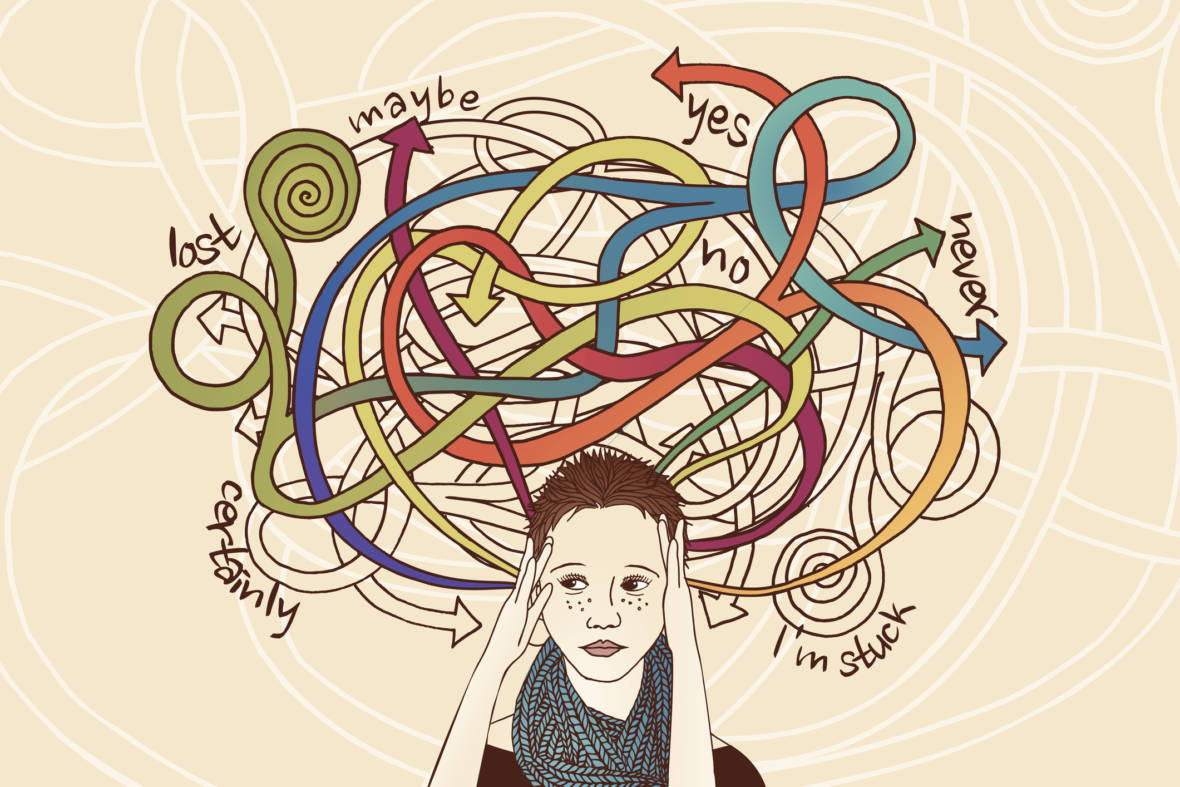The Silent Suffering of Mental Health Professionals: It’s Time We See Them Too!
When we talk about mental health care, our focus often lies with the patients — and rightfully so. They’re vulnerable, misunderstood, and in need of empathy and treatment. But in the shadows of their healing, there’s another group silently bearing the burden: psychiatric healthcare workers.
Psychiatrists, nurses, therapists, social workers, and aides make up a dedicated team that forms the backbone of any psychiatric care facility. These individuals step into work each day knowing they may face unpredictability, violence, and deep emotional strain — all in service of helping others find the light again.
But who takes care of the caregivers?
The Hidden Dangers in the Ward
While hospitals make efforts to minimize risks, the psychiatric floor is inherently one of the most dangerous environments in healthcare. Patients dealing with severe mental illnesses like schizophrenia or psychosis can, at times, exhibit erratic or violent behavior. In fact, patient assaults are a harsh reality in most psychiatric hospitals.
It’s not just mental and physical violence—there’s also exposure to infectious diseases, chronic stress, and emotional fatigue that comes from being in an intense, high-stakes setting.
According to the U.S. Bureau of Labor Statistics, health and social workers suffer more workplace injuries than those in any other industry. That’s not a coincidence — it’s a pattern, and it’s a problem.
Imagine walking into a job where violence could erupt without warning — every day. The toll that takes on your mind and spirit isn’t just stress or burnout. It can lead to something much deeper and more lasting: Secondary Traumatic Stress (STS) — where the trauma experienced by patients transfers, indirectly, to their caregivers.
The Vulnerable Among the Brave
Research shows some concerning trends:
-
Male patients and family members are statistically more likely to be violent.
-
Male workers, especially younger and less experienced staff, are at a greater risk of assault.
-
Most assaults occur during the night shift, when staffing is lower and resources are stretched thin.
And yet, despite these challenges, mental health workers keep showing up.
The Emotional Isolation No One Talks About
What might be the most heartbreaking truth of all is this: most mental health professionals suffer in silence.
They go home after a shift where they may have been screamed at, hit, or cried with someone in crisis — and often, their emotional pain is not even acknowledged. Family and friends struggle to grasp what happens behind those psych ward doors.
So they smile, stay strong, and bottle it up — until the bottle breaks.
This Is Not “Part of the Job”
We need to stop normalizing trauma in psychiatric professions. Being assaulted, emotionally drained, or mentally battered isn’t a “given” or a “rite of passage.” It’s a systemic issue that needs structural support, trauma-informed policies, and real safety protocols.
Hospitals and institutions must work harder to:
-
Provide comprehensive staff training to handle violent episodes.
-
Hire enough staff to prevent burnout and improve safety.
-
Offer regular mental health support and counseling to employees.
-
Create a culture of recognition, where their struggles are seen and validated.
Let’s See Them — Truly See Them
Psychiatric staff are more than employees — they’re healers in one of the hardest corners of healthcare. They bring light into rooms where hope flickers faintly. They hold hands in silence, they calm storms, and they bear the emotional weight of others — often with no applause, no spotlight, and no support.
It’s time we change that.
Let’s not wait until burnout steals their passion or trauma forces them to leave. Let’s honor them as we would our own — with compassion, dignity, and protection.
Because no one should lose themselves while helping others find their way back.
thank you
by- team member of Meraki minds




Comments
Post a Comment